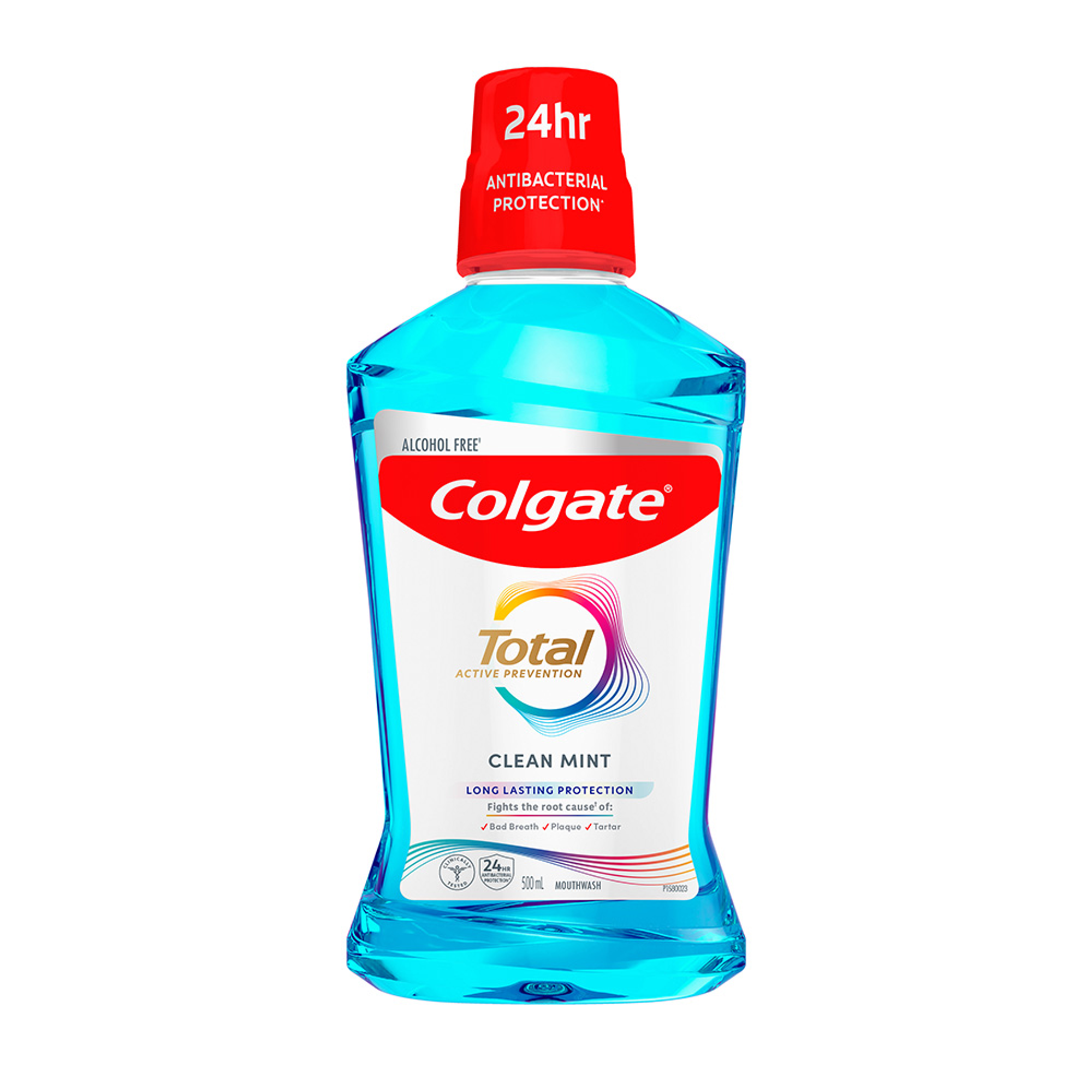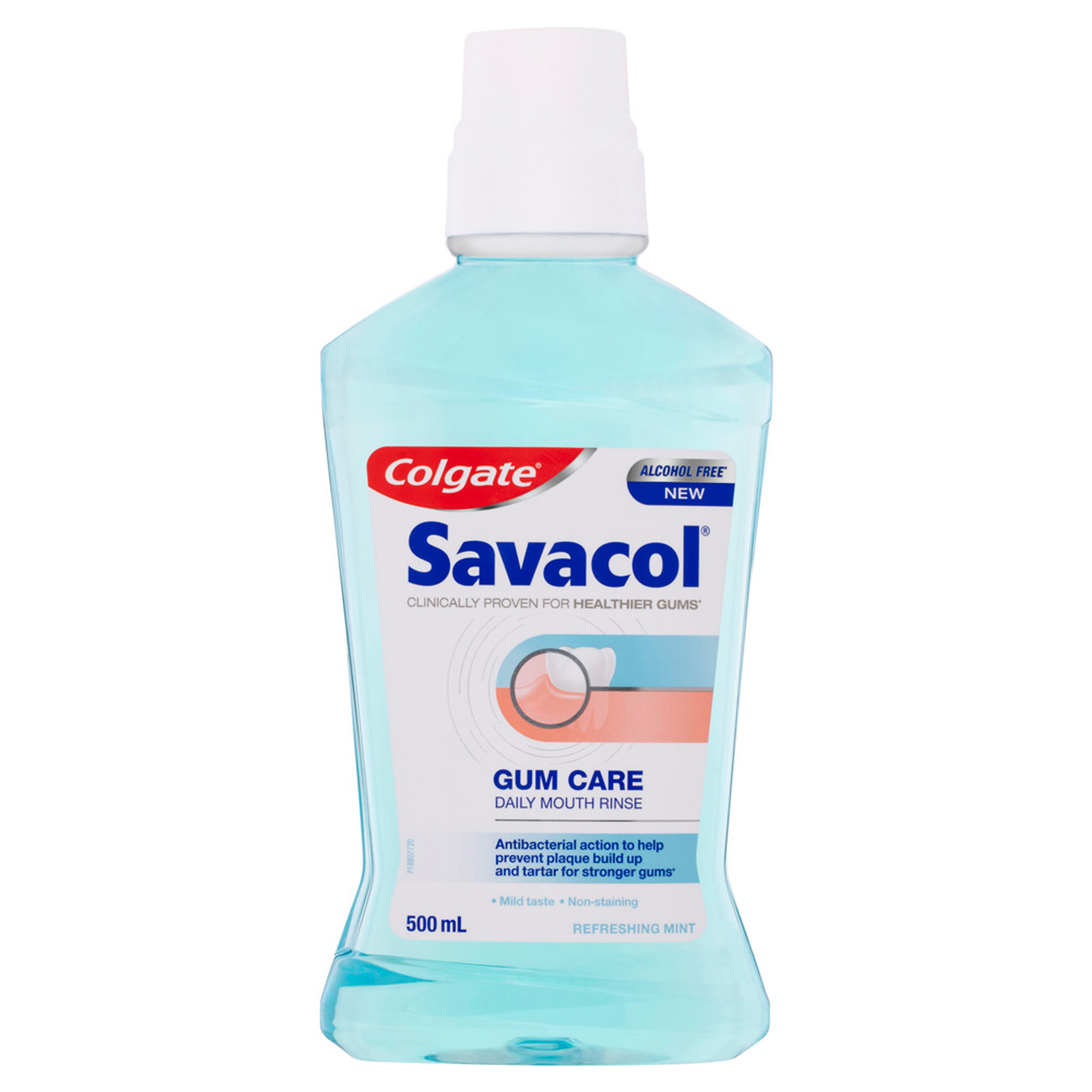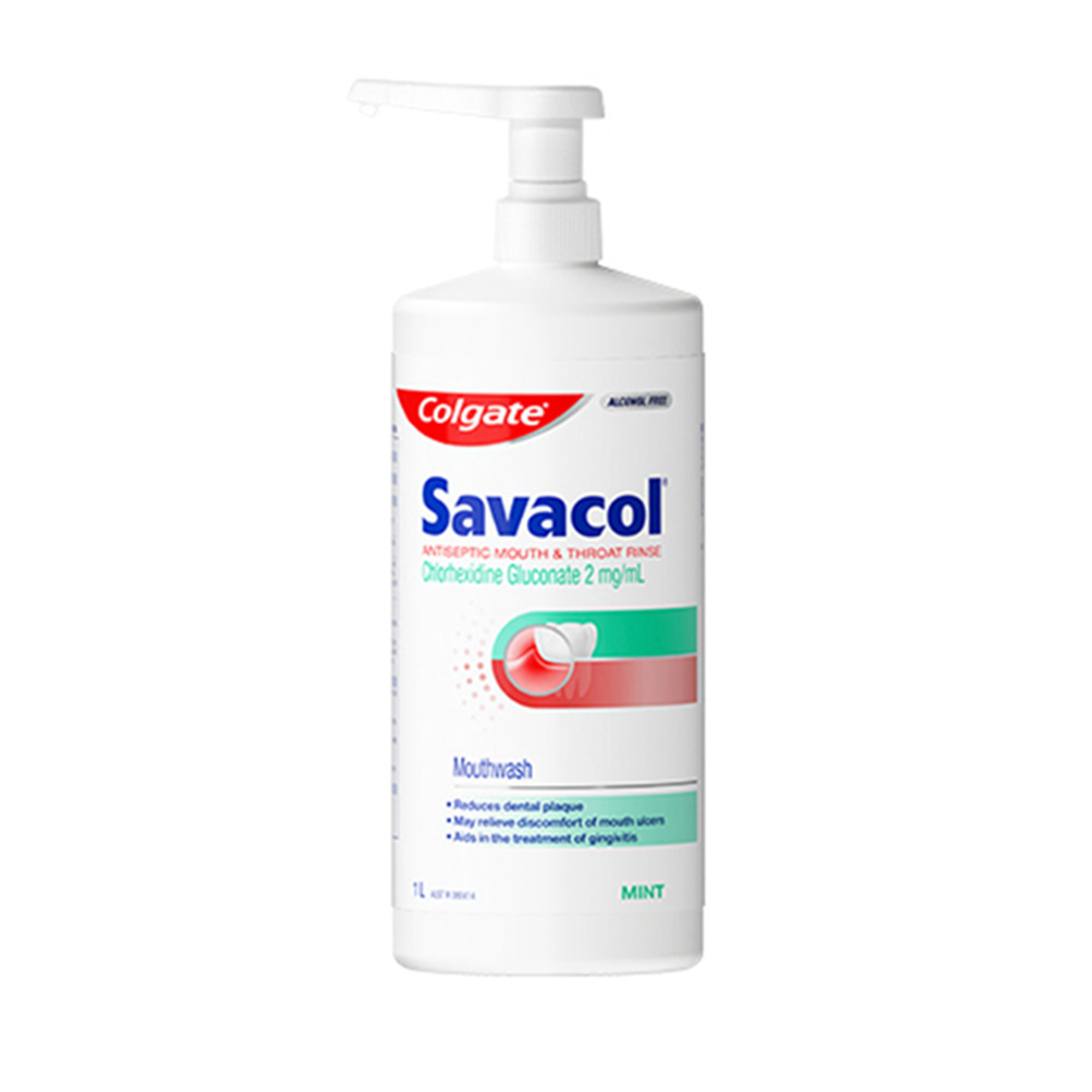
Recent global events causing uncertainty of the future, and change from our normal ways of living prior to COVID-19, has led to an increase in patients presenting with worn, chipped or cracked teeth. 1 Increased stress levels in life lead to increased or new incidences of grinding and clenching habits during the night or day which may not have previously existed, leading to significant shear forces being exerted on teeth and fracturing or wearing the enamel. 2 Whilst the foundations of prevention in dental health have previously focussed more on the oral hygiene habits of regular brushing and flossing to maintain healthy gums and teeth, protecting the biting surfaces of the teeth from grinding and clenching is now an additional, critical, preventative focus. One great way to help protect your patient’s teeth in the long term is the use of an occlusal guard.
An occlusal guard or occlusal splint is a dental appliance that is custom fitted to the biting or occlusal surfaces of the teeth in an arch to provide a protective barrier against the opposing teeth. Usually made out of a hard acrylic or nylon material, occlusal guards help protect teeth by being a stress-breaker between the upper and lower teeth. In cases of patients who either grind (movement of teeth against each other horizontally) or clench (movement of teeth against each other vertically) their teeth during sleep, an occlusal guard can also provide other benefits including relief of jaw or temporomandibular joint (TMJ) pain as well as headaches. For patients who also suffer from sleep apnoea and do not tolerate a continuous positive air pressure (CPAP) device, some occlusal splints help position the mandible in a forward position allowing opening of the airways to facilitate better oxygen flow during sleep, to the brain. These are commonly referred to as mandibular-repositioning splints.
The type of occlusal guard that is required for a patient is highly dependent on the symptoms they exhibit resulting from teeth grinding or clenching. However overall, occlusal guards can generally be classified by single arch or dual arch guards as well as by the hardness of the exterior/interior surface, being either hard or a combination of hard/hard and hard/soft. Importantly, there are some boil-and-bite occlusal guards which can be purchased at pharmacies without seeing a dentist, however patients should be educated that prescribed customised splints have always been shown to produce better results in the long term. Fabrication of a customised occlusal guard usually requires either an impression or scan of the teeth surfaces and prescribed bite registration which will dictate the thickness and bite relationship of the teeth when the occlusal splint is worn. After fabrication, it is expected that the occlusal guard will then need to be fitted and possibly adjusted, sometimes over time, to ensure it is comfortable and balanced. Be sure to advise patients that like anything new, like a pair of shoes, occlusal guards do need to be adapted to and worn in.
Educating your patients on regular cleaning and maintenance of the occlusal guard will ultimately ensure it lasts as long as possible however should the occlusal guard be worn down to the point it is no longer protective or relieves pain symptoms, this suggests the splint has done its job and fabrication of a new occlusal splint may be required. To best care for an occlusal splint, it is important that the splint be cleaned with a toothbrush and soapy water especially on the interior surface which contacts the teeth biting surfaces. Be sure to instruct your patients not to use toothpaste to clean the occlusal splint as the small abrasive particles can wear the splint faster. Patients can also use oral appliance cleansing tablets which dissolve in water producing a chemical solution that disinfects and cleans an occlusal guard.
Occlusal guards are a simple but effective strategy to not only protect the teeth from wearing, chipping or cracking, but also help to relieve jaw pain, headaches and in some cases sleep apnoea. If you see a patient with early signs of wear of their enamel surfaces, be sure to have a conversation with them about how an occlusal guard could be a great solution to protect their teeth in the long term and prevent unwanted dental complications from clenching and grinding. These conversations with patients also help to add value to our existing prevention focus of improving oral hygiene to facilitate good dental health.
Mirhashemi A, Khami MR, Kharazifard M, Bahrami R. The evaluation of the relationship between oral habits prevalence and COVID-19 pandemic in adults and adolescents: A systematic review. Front Public Health. 2022;10:860185. doi:10.3389/fpubh.2022.860185
Nosrat A, Yu P, Verma P, Dianat O, Wu D, Fouad AF. Was the Coronavirus disease 2019 pandemic associated with an increased rate of cracked teeth? J Endod. 2022;48(10):1241-1247. doi:10.1016/j.joen.2022.07.002
Do I need a night guard for teeth clenching. Colgate.com. Published November 1, 2022. Accessed November 2, 2022. https://www.colgate.com/en-us/oral-health/bruxism/do-i-need-a-night-guard
How to stop clenching teeth. Colgate.com. Accessed November 2, 2022. https://www.colgate.com/en-us/oral-health/bruxism/how-to-stop-clenching-teeth
Grinding teeth can lead to facial pain. Colgate.com. Published November 1, 2022. Accessed November 2, 2022. https://www.colgate.com/en-us/oral-health/bruxism/grinding-teeth-can-lead-to-facial-pain
Dr Kaejenn Tchia is a recent graduate working in a corporate private practice in Darwin, Northern Territory. He is the current Treasurer of the Australian Dental Association NT Branch Inc. In 2020, he was an inaugural member of the Bupa Dental Corporation Clinical Advisory Panel, helping guide strategic direction and providing input towards clinician development within the network of practices. He is passionate about helping and collaborating with fellow dental colleagues, recently embarking on a new journey to help recent graduates eliminate burnout through a 6-step B.E.L.I.E.F System through his motivational coaching platform, The Limitless Dentist. Kaejenn is a member of the Colgate Advocates for Oral Health Editorial Community and hopes to use this platform to raise awareness of the importance of mental health in dentistry and provide mindset tools, which can help his colleagues unlock their next level of growth and success.
Join us
Get resources, products and helpful information to give your patients a healthier future.
Join us
Get resources, products and helpful information to give your patients a healthier future.











